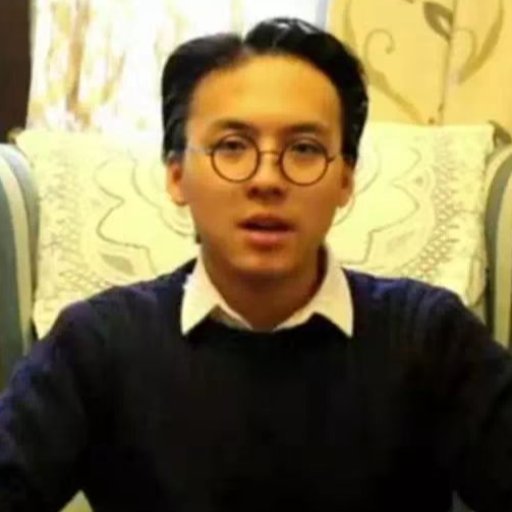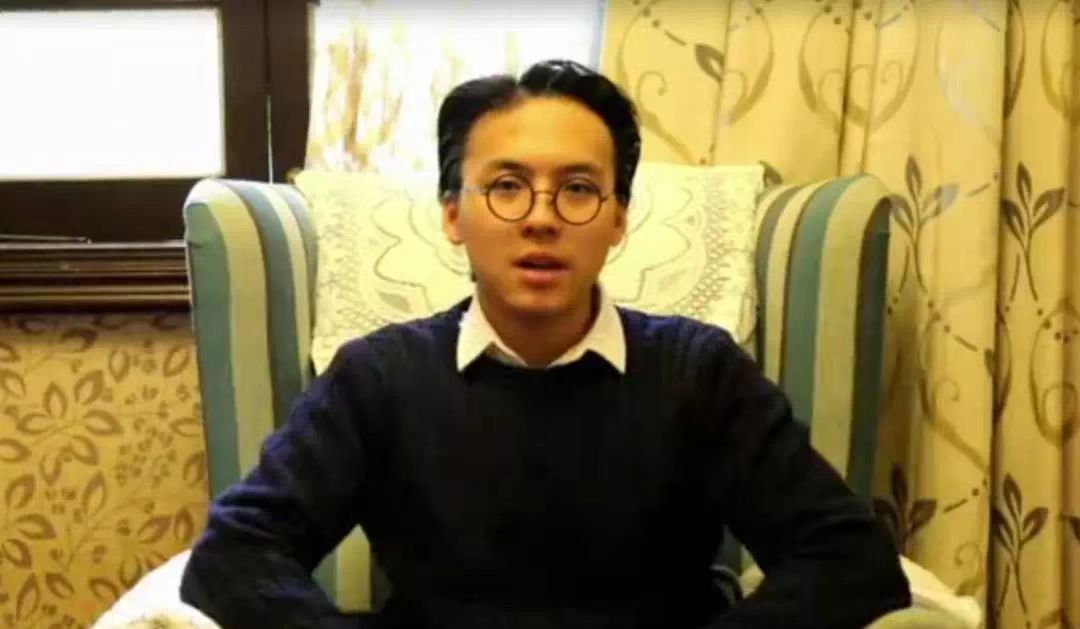 Sun University of Cambridge, Natural Sciences
Sun University of Cambridge, Natural Sciences
Sun was the first winner of Blue's scholarship program, and with our help he was accepted to study Natural Sciences, becoming the first student admitted to Oxbridge in the 90 year history of Shude school. From Personal Statements to written tests to mock interviews, below we have asked Sun a series of questions about how he found the application experience.
Awards Achieved:
Top 20% in AAPT International Physics Competition
First prize of the first National Artificial Intelligence Competition for Middle School Students (AICC)
Sun's application story

1. Why do you want to study Natural Sciences at Cambridge and what advice did Blue give in this regard?
Before the formal application, the communication between me and the teachers from Blue Education was mainly about choosing between Oxford and Cambridge. From these discussions I learned that, compared with Cambridge, Oxford may be more limited in terms of options.
Meanwhile the broad education provided by Natural Sciences at Cambridge would allow me to learn many things other than physics which is why the teachers and I thought Cambridge was more suitable for me.
2. What coaching did Blue Education provide you with in writing your personal statement (PS)?
Blue's tutors improved my personal statement in two main ways:
The first was structural. On the advice of my tutor, I split the PS into two uneven sections. 80% of the document discussed my learning, academics, and achievements in Physics. The remaining 20% discussed my hobbies and preferences.
The second way was with the language of the statement. Blue helped me polish my statement so that my english would sound more natural to a native speaker. They also helped me select several examples of my work that might be more recognisable to the British.
3. What kind of guidance did BLUE give you for the written test?
In the written examination, the tutors also helped me in two main ways:
We chose some questions suited to my ability level at the the time and scheduled them into my calendar. I undertook 1-2 sets of timed exercises throguhout the week to improve my skills.
After my weekly practice, there was also an onine session. My teacher regularly assessed my performance to judge whether or not there were any gaps in my knowledge. When they appeared they were addressed and my tutor also helped me alter my test-taking habits to improve performance.
4. What help did you get in preparing for the interview?
Because all the tutors went through the process themselves, they were able to accurately replicate the environment of an interview. As a result, when I actually went to the UK for my interview, it did not feel as alien to me.
During the mock interviews themselves, the tutors asked me questions designed to simulate the interview. It became apparent that while I had a good grasp of the content, I struggled to effectively communicate said knowledge to the teacher. So we worked to improve my academic speaking skills and I found this to be of great help.
5. How does it feel to be the first student admitted to Oxbridge in the university's 90-year history?
First of all, I feel very lucky to have received the information and education needed to ensure my smooth admission to Cambridge and secondly, I feel very honored by this fact.
6. What do you think Blue Education has helped you the most?
Blue Education has provided me with a lot of first-hand information about Cambridge, which not only includes what I need to do to gain the approval of Cambridge, but also what kind of students Cambridge likes, and more importantly, what kind of path is the right one for me.
It was the teachers from Blue who recommended I do the interview in person, flying to England to meet the Trinity College professors face to face. I believe this was a very important element of my subsequent admission.
7. Would you recommend BlueEducation to those who want to apply for Oxbridge?
I will recommend Blue to my friends who want to apply from Oxbridge.
First of all, Blue Education is composed of a large number of Oxbridge students, so they provide Oxbridge applicants with more authentic and first-hand information, which many other application institutions do not have. This ensures that students can build on what has been done before, rather than trying to figure it out themselves.
Another point is that because the tutor team here is made up of 100% local students, as such they can still provide some help, such as with academics and life, even after the applicants have actually entered the campus. For example, when I went to The UK for an interview, my teacher took me around the whole campus and explained some of the history and about life in Cambridge to me.
8. What would you like to say to Blue Education tutors?
I would like to express my gratitude to all the tutors for their long-term and effective guidance during the whole application process for two or three months, as well as their attentiveness to and concern for my learning process.
I would like to thank them for their encouragement and trust in me, and the help they gave me in boosting my confidence throughout the application process. They helped me achieve my ambition of attending Cambridge and it was that sense of purpose that led me to success. I hope to finally see you in Cambridge next year.
9. What advice would you like to give to younger students?
There are two suggestions for younger students:
(1) Be sure to devote time and energy to your favorite field and learn as much as you can, whether it's science, physical chemistry, mathematics, or the humanities. Because Oxbridge tests not only your love and interest in a subject, but also your skills and knowledge, meaning such an accumulation is very important.
(2) Second, I hope junior students can pay more attention to their ability to communicate and express themselves. Because you will never be alone in your future study, and Oxford and Cambridge students are also largely focused on communication and the ability to express yourself within your professional field is of great import. So I also hope that younger students will work to gain more profound skills in these two aspects.
10. What extracurricular interests do you have besides your studies?
I have taken some open courses of quantum physics and quantum computing to find some resources for additional learning. At the same time, I am also very interested in computers. I have also taught myself some programming languages and participated in some related competitions.
I'm a big fan of English literature and poetry, I write poetry myself. I also like rock music and I have my own rock band, and I write my own songs and perform everywhere. I have been running a course to encourage teenagers to learn the art of traditional archery, which I myself have been practicing for many years. I also enjoy European fencing and Bodybuilding.
11. What are your plans for the next 10 years?
I want to continue my study of physics and computing during my undergraduate degree, focusing mainly on quantum physics and artificial intelligence. In this way, I can switch to quantum computing and artificial intelligence for further study after my master's and doctoral degree.
In the future, I want to study a combination of quantum computing and artificial intelligence, and then help to promote these two fields, which are still in the experimental stage, and apply the knowledge of these two fields to people's real lives.

